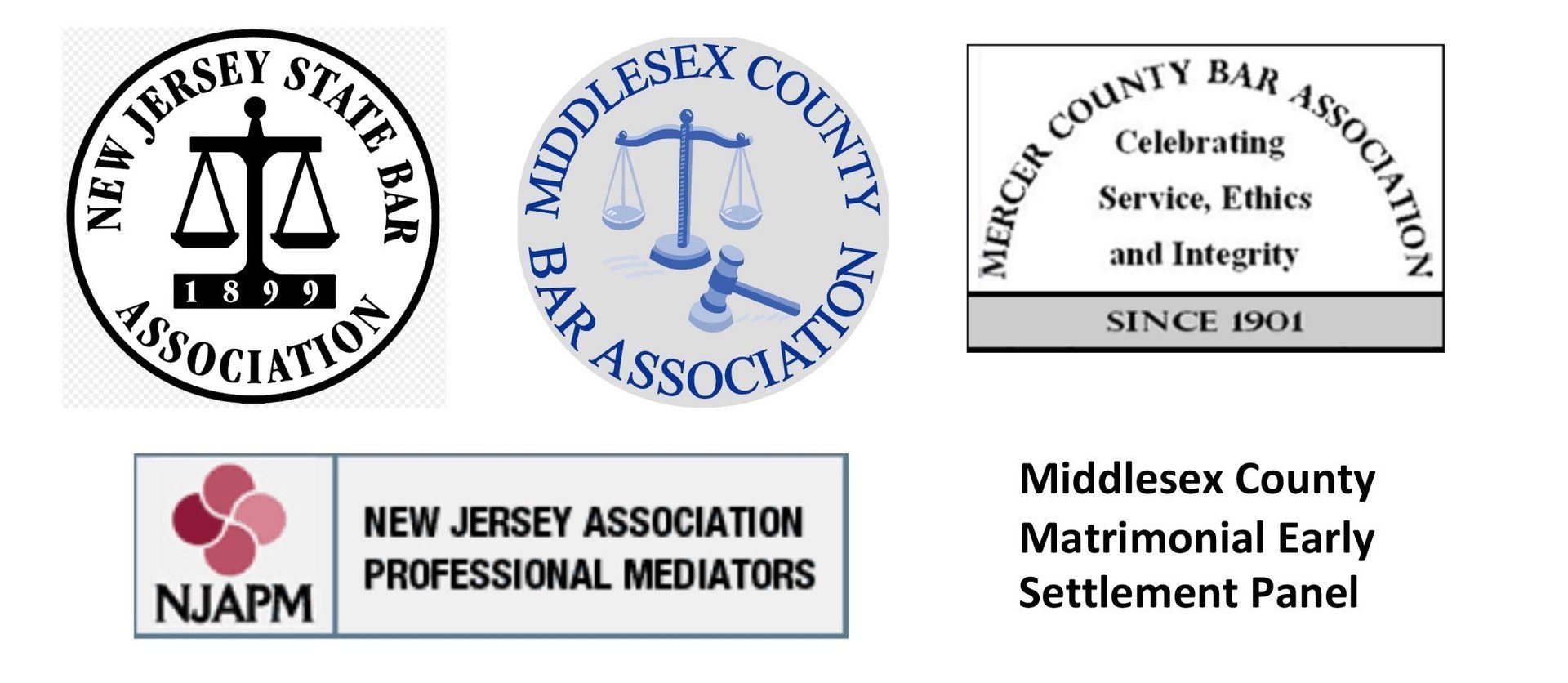Time for Gestational Surrogacy Contracts in NJ?
30+ years past Baby M

Before its summer recess, the New Jersey Senate passed S-1238, which wouldpermit legally binding gestational carrier agreements. Couples who cannot conceive and carry a baby in the usual way may wish to hire a surrogate to carry another woman's fertilized egg to term. At present there are no laws which permit such an arrangement in new Jersey, and agreements for gestational surrogacy will most likely not be upheld by the courts. For practical purposes, this does not prevent surrogacy from happening, but it does mean that the parties may not be protected in the rights they bargained for. The bill's sponsor, Senator Joseph Vitale reports that there are 12 states, plus the District of Columbia, which permit and regulate gestational surrogacy contracts:Arkansas, Delaware, Florida, Illinois, Nevada, New Hampshire, Tennessee,
Texas, Utah, Virginia, Washington state and Wisconsin, along with the
District of Columbia.
On June 27, the New Jersey Law Journal quoted Senator Vitale's statement:
"For men and women who are looking to start or expand their families but
have struggled to do so through traditional means, surrogacy
offers an
alternative path to having children. As science advances, and more couples turn to surrogacy,
gestational carrier agreements are
imperative to protect the interests
of all parties involved, including the carrier, the intended parents and
the child."
Governor Chris Christie has vetoed similar legislation twice, and may do so again. Governor Christie stated that he felt more study was required into the legal and ethical ramifications of surrogacy.
In the Baby M case, In re Baby M
, 109 N.J. 396 (N.J. 1988)the NJ Supreme Court invalidated a surrogacy contract, giving the surrogate/birth mother parenting rights with the child. Baby M's birth mother was in fact also the biological mother, since it was her egg that was fertilized with the father's sperm. In a later case, a NJ Court upheldparentalrights for a gestational carrier even where a donated egg was used.
The NJ Law Journal reports that under the bill
"the gestational carrier must be at least 21 years old, have already
given birth to at least one child, and have completed both medical and
psychological evaluations. The intended parents would be required to
have completed a psychological evaluation to determine their
suitability
to enter an agreement, and to have retained an attorney to advise them
about the terms and potential legal consequences of
entering into an
agreement. The agreement would have to clearly state that the
gestational carrier would agree to undergo pre-embryo
transfer, to
attempt to carry and give birth to the child, and to surrender custody
of the child to the intended parent immediately on the birth
of the
child. The agreement would allow for the gestational carrier to choose
her own medical care for the pregnancy, labor, delivery and
postpartum
care. The agreement would not be considered an adoption, a surrender of
custody, or a termination of parental rights."
States that do provide for surrogacy by contract often forbid compensation for the surrogacy, beyond payment of expenses of the pregnancy, birth, medical care, although some, like Florida, provide that the surrogate's living expenses may be covered. In Virginia a surrogate contract, to be valid, has to be approved in court, with a law guardian appointed for the potential child, and a home study done on the home of the intended parents, similarly to an adoption proceeding.
The concern, widely raised at the time of Baby M, that surrogacy might lead to exploitation of women's - and especially poor women's - child-bearing capability, appears to have been dealt with in the drafting of the surrogacy statutes around the country. A carefully drafted statute seeking to balance and protect the rights of the parties involved, seems to me far preferable to surrogacy happening without any regulating laws, as it is today.
- C. Megan Oltman, Esq.
Please contact Oltman Law & Mediation (609) 924-2044, if we can help you with your family law, elder, trusts and estates or mediation needs in New Jersey.
Please note that blog posts do not constitute legal advice, but are intended for informational
purposes only. They cannot substitute for an
in-person consultation with a lawyer. Your use of this site does not create an attorney client relationship.










